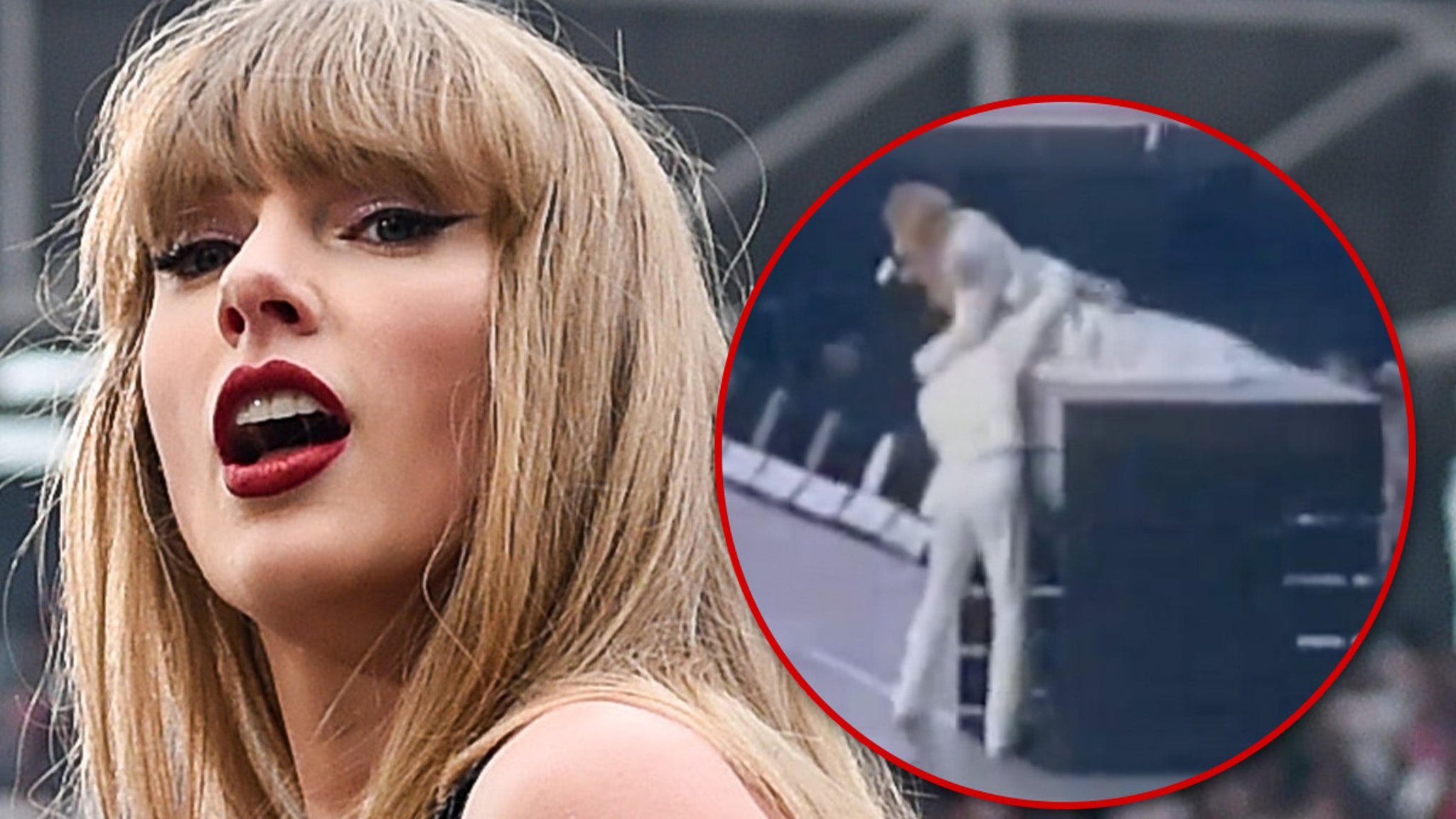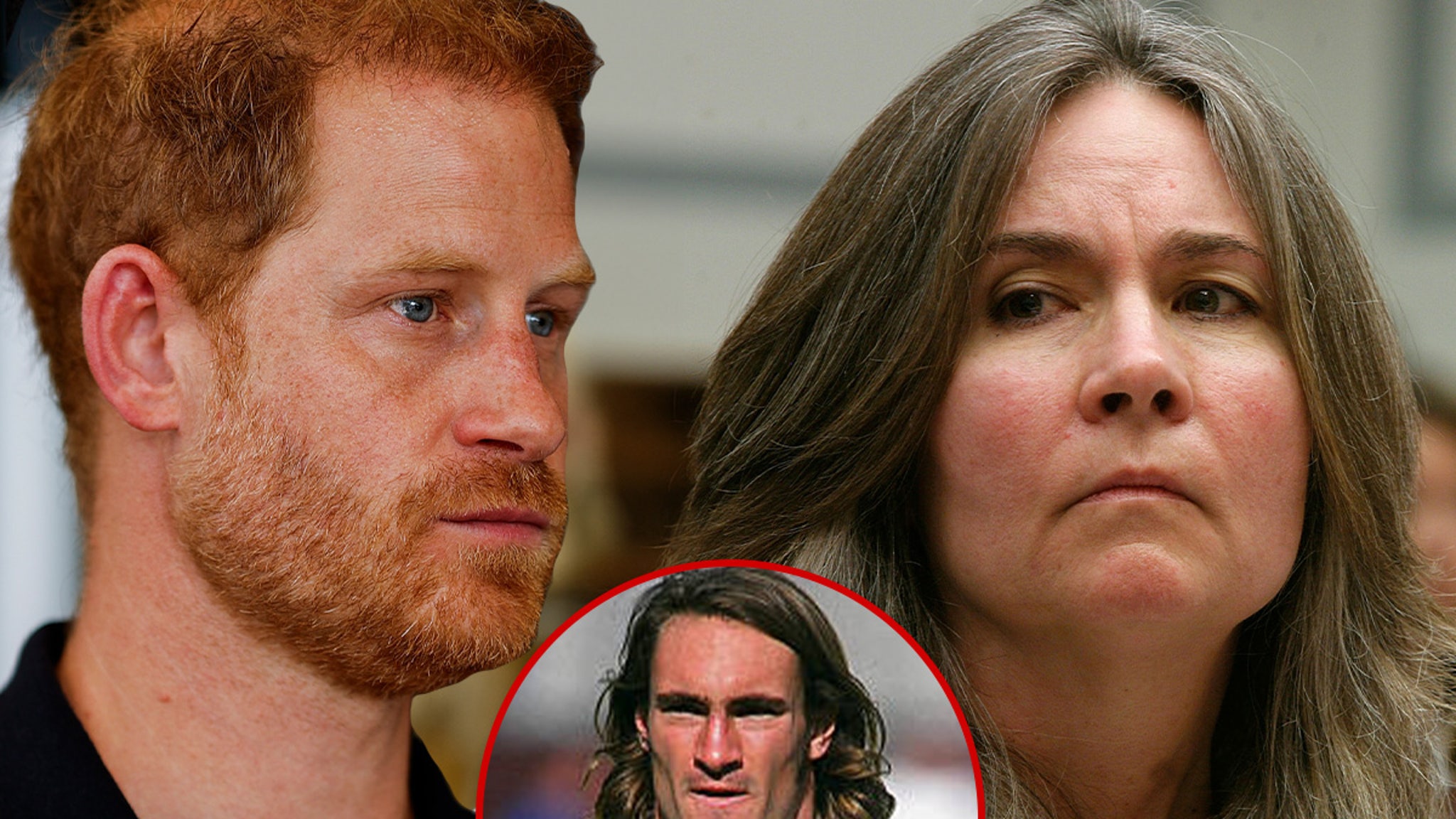Culture
She Wants to Save the Arts in Britain (if She Can Get Elected)

For the past 14 years, Conservative-led governments in Britain said they wanted to maintain the country’s status as a cultural powerhouse, to foster new talent and to keep the home of the Beatles and Harry Potter in the global spotlight.
Their actions haven’t matched those words.
Successive governments slashed subsidies for theaters, museums and opera houses. The number of children studying art, music and drama plummeted. New border rules after Brexit meant musicians struggled to tour abroad.
These days, nobody is talking about “Cool Britannia”; instead, there has been chatter of an arts scene in crisis.
Yet for many artists and cultural administrators, there are hopes that change is coming, tempered by fears that it won’t go far enough.
Following the general election on July 4, pollsters expect that the left-leaning Labour Party will form a new government. If that happens, Britain would not only have a new prime minister in Keir Starmer — a childhood flutist who regularly declares his love of indie music — but possibly a new culture minister who understands the challenges for British artists, because she was one herself.
Thangam Debbonaire, 57 — a former professional cellist who danced at raves in her college days and has lines of poetry tattooed on her forearm — was in charge of developing Labour’s election promises on the arts. Those include more art, drama and music classes in schools, and a crackdown on ticket scalping.
Arts professionals have welcomed those proposals. But whereas past Labour administrations boosted state subsidies to cultural institutions, Debbonaire says that the poor state of Britain’s economy means that this is not an option right now. Instead, she wants to encourage private finance to make up budget shortfalls — a plan that many in the arts scene say is unlikely to reverse the damage of the last 14 years.
And while a Labour victory looks almost certain, Debbonaire’s own position is less sure. Polls show that the Green Party is ahead in the parliamentary district where she is running. There is a chance that somebody else would have to implement her vision, if voters throw her out.
In a recent interview at her campaign office in Bristol, a city in western England that has been a Labour stronghold for decades, Debbonaire said she thought she could win. Then, she would start finding the money that arts organizations say they desperately need, potentially from banks and philanthropists. The government could provide small grants to help encourage private investment, according to Labour’s plan.
Debbonaire declined to give further details, which she said would be worked out with civil servants once Labour was in office. But she insisted that the promise of extra money for the arts was “more than a hope.”
“There are potential sources of finance out there,” Debbonaire said. “I’m going to find it somewhere.”
Unlike in the United States, almost all of Britain’s opera houses, major theaters and museums rely on state funding. Government subsidies here can make up over a third of an organization’s running costs. As cuts took effect from central government and local councils, whose budgets the Conservative government also reduced, many institutions struggled to cope. Some smaller organizations have shuttered, and larger companies cut performances.
Labour administrations have traditionally spent more generously in the sector. In 1946, Clement Attlee’s government created the Arts Council, an independent organization still operating today that hands out state subsidies to cultural institutions. In the 1960s, Harold Wilson’s administration almost tripled arts funding, extending it to also pay for popular art forms like jazz. And under Tony Blair, Labour legislated for free entry to Britain’s major museums, whose annual budgets increased to make up the ticket sales shortfall.
Debbonaire’s own background is less starry — though she was steeped in the arts from a young age. Her father was a pianist, who moved from India to London as a teenager to study piano and organ at the Royal Academy of Music. While there, he met Debbonaire’s mother, a fellow student who went on to become a music teacher.
Debbonaire learned cello and studied the instrument at the Royal College of Music, another London school. She later played professionally, including for the Royal Liverpool Philharmonic Orchestra, but stopped in her early 40s, partly to focus on working for anti-domestic violence organizations, she said — although she still practiced regularly and had “the hard fingertips and the lump in the thumb” to prove it. (She continues to play in a string quartet.)
Debbonaire said that improving conditions for freelance artists would be a priority for her. Labour’s policies also include securing a deal with the European Union so that performers could travel abroad for work more easily.
Other Labour proposals are geared toward the culture-loving public, rather than professional artists. Because ticket prices for concerts and plays are soaring, Debbonaire said that Labour would cap resale prices to stop scalpers making huge profits. So that more people have the opportunity to see art, she said she would “prod” major museums to take items out of their storerooms and send them to venues around the country.
“Art for everyone, everywhere, is a big principle for me,” Debbonaire said.
On some high-profile areas of British cultural policy, though, Debbonaire said her party wasn’t planning a change of course. She avoided direct answers when asked whether a Labour government would change laws so that museums can return contested artifacts, like the Parthenon Marbles in the British Museum, to their countries of origin. Museums should “work collaboratively with partners in different countries” by lending objects to each other, she said.
“At the moment the priority is making sure that our museum sector is able to survive and thrive,” she said.
In recent interviews, a dozen senior British cultural administrators and artists all said a change of government would bring a change of mood in the sector. Frances Morris, a former director of the Tate Modern art museum, said that Conservative governments had left British cultural workers feeling “maligned, impoverished, beleaguered.” A Labour victory would “feel like a turning point,” she added.
Others said that Labour’s plan to turn the sector around with private funding was unrealistic. British institutions had been trying for years to wring more money out of the private sector, said Dominic Cooke, a theater director, who has held positions at the National and Royal Court Theaters. Arts institutions were already devoting increasing resources to raising donations and making sponsorship deals, he said — there was little more they could do.
But a return to the generosity of previous Labour governments seems unlikely in the short term. The party’s election manifesto commits it to following the spending rules of the current government, and Starmer has ruled out raising taxes “on working people.” Labour’s spending priorities are on health, education and border security. The arts have hardly featured in its campaign.
Sitting in her Bristol office, Debbonaire said that she realized Labour’s plans wouldn’t please artists who want cultural institutions to get an immediate funding boost. “It won’t be easy to say to the arts world, ‘I can’t give you all the cash you want,’” she said.
But she was adamant Labour’s economic policies would eventually grow Britain’s economy and produce more tax revenue down the line.
“I’m going to fight for the arts,” Debbonaire said. “I believe in them.” Then, Debbonaire left her office for an afternoon and evening of campaigning in Bristol. She wouldn’t be able to fight for the arts, after all, if she lost to the Green Party.






















